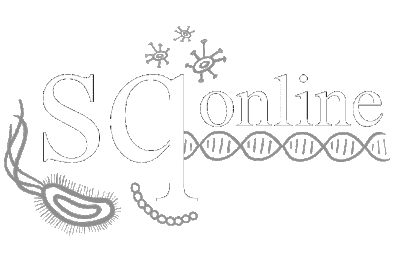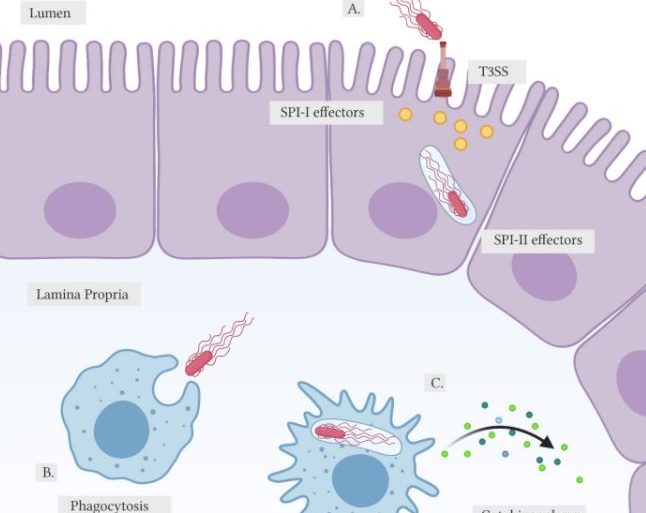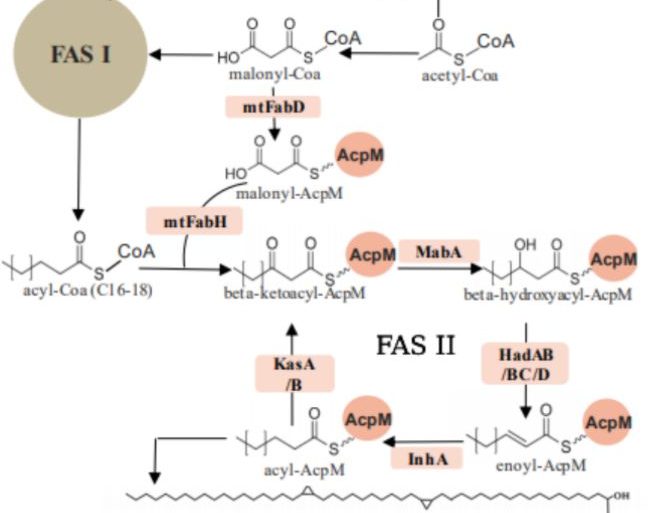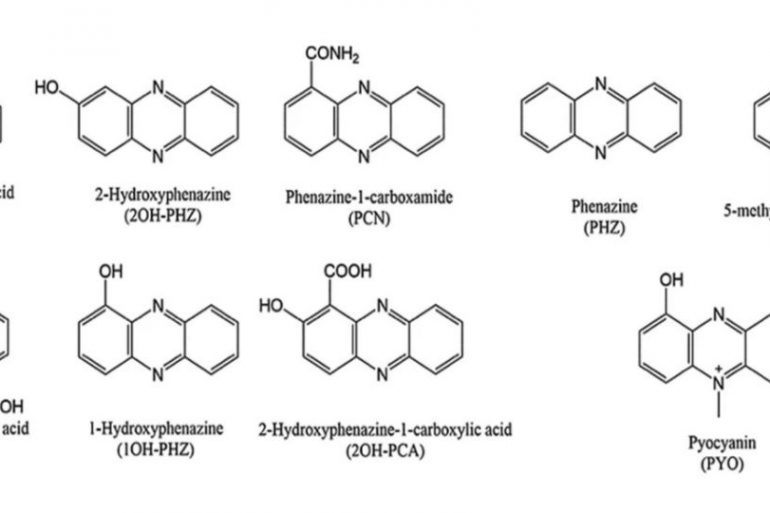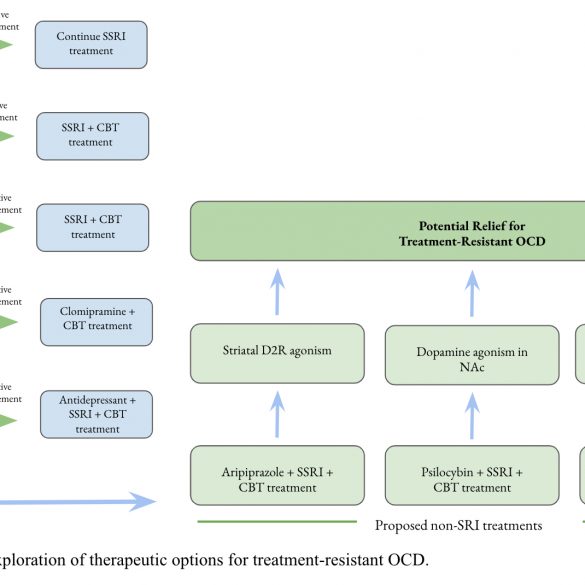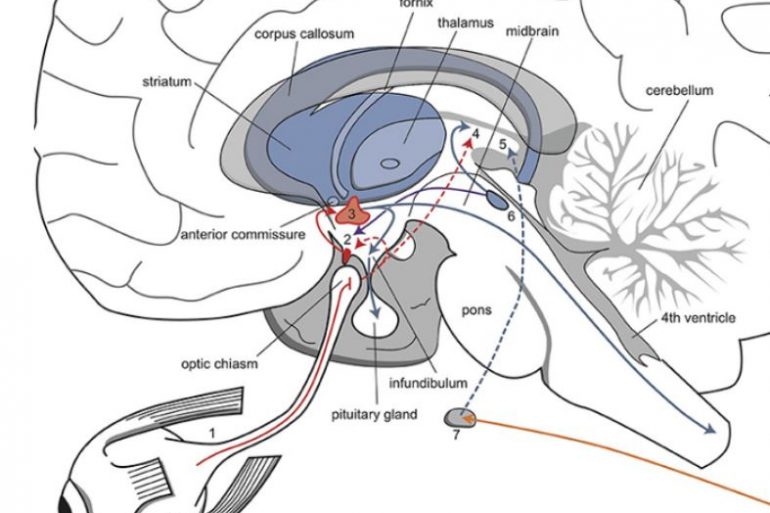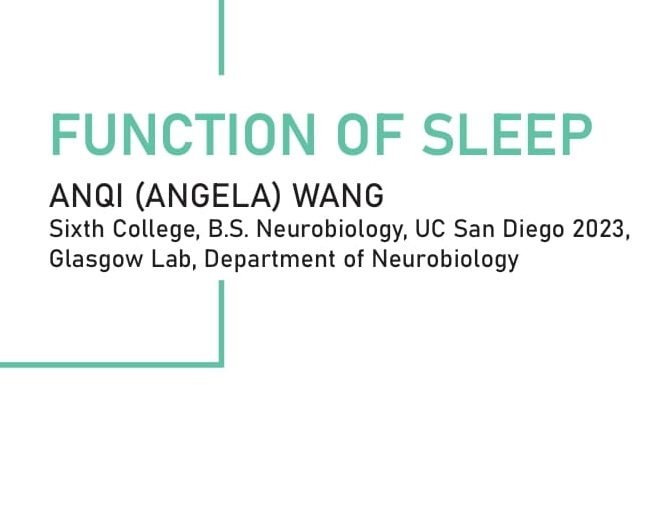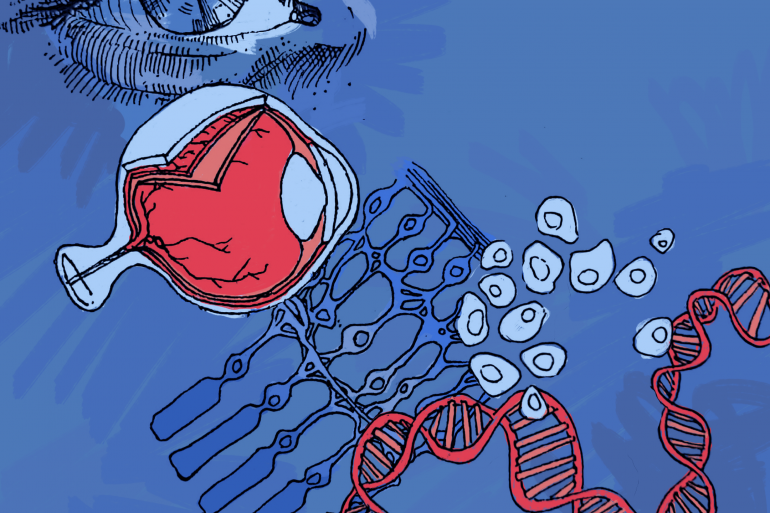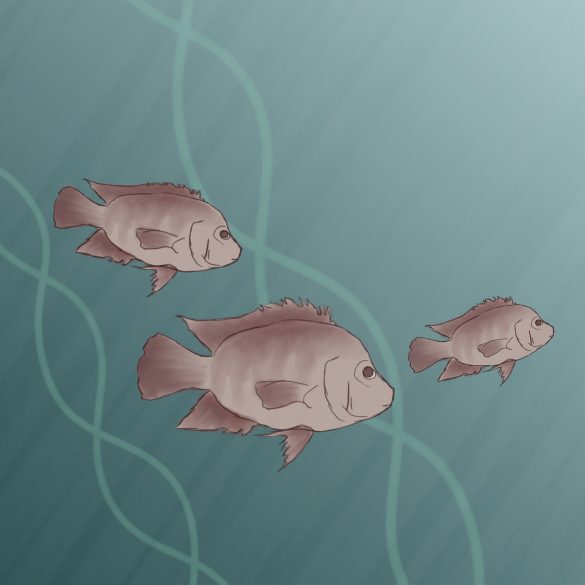INTRODUCTION Despite many prevention efforts, foodborne illnesses remain a serious global health threat.¹ The Centers for Disease Control and Prevention... Read More
INTRODUCTION Tuberculosis (TB), a disease which primarily targets the lungs, is caused by the human pathogen Mycobacterium tuberculosis (Mtb). TB... Read More
EXTRACELLULAR ELECTRON TRANSFER AND MICROBIAL NATURAL PRODUCTS Oxygen is an essential part of the electron transport chain, functioning as the... Read More
INTRODUCTION Obsessive-Compulsive Disorder (OCD) is a psychiatric illness characterized by intrusive thoughts, designated as obsessions, and repetitive compulsions, such as... Read More
CIRCADIAN RHYTHM 101 The circadian clock is in the suprachiasmatic nucleus (SCN) of the brain.¹ This cluster of nuclei sits... Read More
INTRODUCTION Do you remember your dream last night? Was it bizarre, weird, or random? Researchers have always been fascinated by... Read More
Over 1.3 billion people are afflicted with some form of vision impairment, which can mean these individuals require glasses or... Read More
Successive generations of organisms may experience many changes in their physiology, behavior, and development. While most traits, such as beak... Read More
BACKGROUND Gene therapy has grown in popularity as a potential treatment strategy for a variety of human diseases.¹ Adeno-associated virus... Read More
